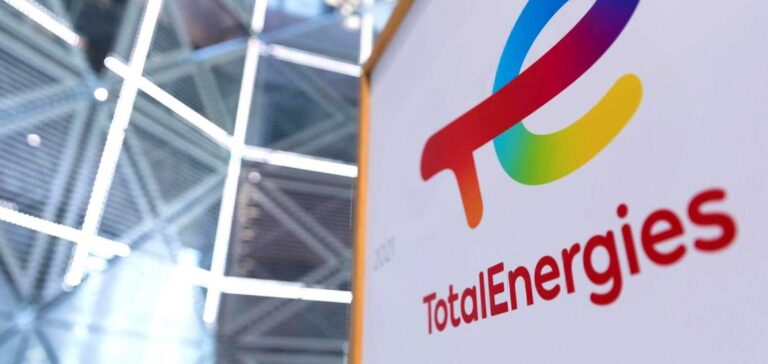Green Party senator Yannick Jadot stands trial this Tuesday before the Paris criminal court, following a defamation lawsuit filed by TotalEnergies SE. The case concerns statements made in March 2022, when Jadot, then a presidential candidate, publicly accused the French oil group of being “an accomplice to war crimes” for maintaining its energy operations in Russia after the invasion of Ukraine began.
On multiple occasions, Jadot spoke out in the media, condemning the continued involvement of TotalEnergies in Russian joint ventures, particularly in light of international sanctions. Patrick Pouyanné, Chairman and Chief Executive Officer of TotalEnergies SE, responded forcefully, describing the remarks as a serious attack on the company’s reputation and its 100,000 employees.
TotalEnergies defends its gradual withdrawal policy
In the weeks that followed these public statements, TotalEnergies announced plans to progressively withdraw from certain operations in Russia, beginning with those that, according to the company, were not essential to Europe’s energy supply. In April 2022, a partial withdrawal process was initiated, followed in September by the divestment of its 49% stake in the joint venture Terneftegaz, which operates the Termokarstovoye gas field in northern Russia.
Non-governmental organisations including Darwin Climax Coalition and Razom We Stand also filed a complaint against the group, accusing it of complicity in war crimes. However, the judiciary dismissed the complaint as inadmissible. The associations alleged that TotalEnergies continued to produce gas condensate used in the manufacturing of aviation fuel for the Russian military until the summer of 2022.
Political and institutional fallout
Due to the legal action initiated by the oil group, Yannick Jadot was compelled to step back from discussions relating to Russia within the Senate’s investigative committee on TotalEnergies, of which he was the rapporteur. The senator stated that the legal proceedings were intended to suppress his public commentary on the issue.
TotalEnergies reiterated that its operations complied strictly with European Union energy policy and applicable sanctions. The company also stated it had never produced jet fuel for the Russian military and emphasised the transparency of its disengagement process.






















